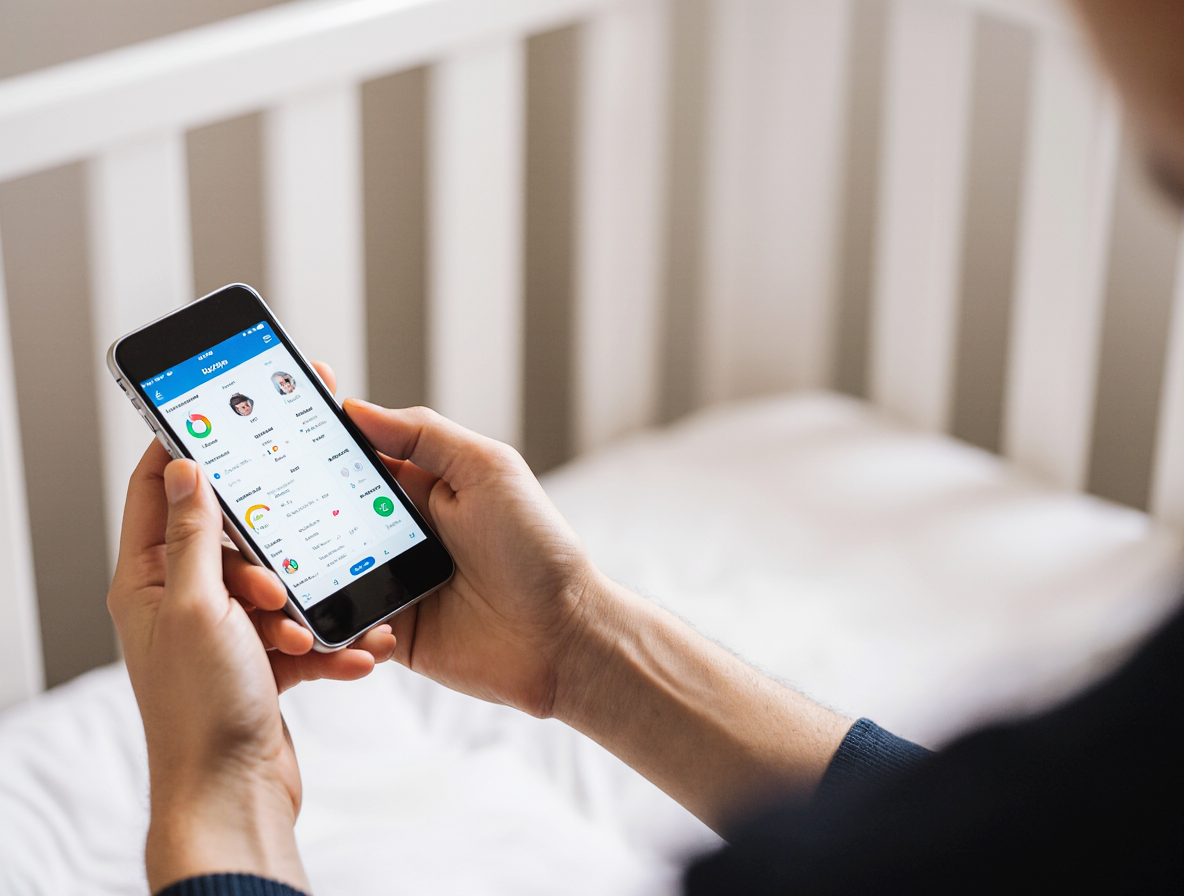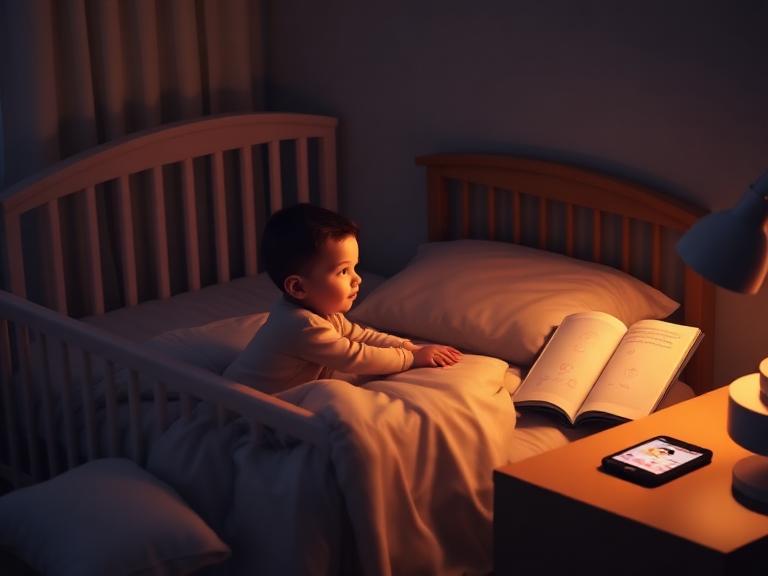Table of Contents
Best Parenting Apps: Why “Mental load” Is Finally Being Acknowledged
Modern parenting is no longer about just feeding, teaching, or protecting your child — it’s also about remembering every little thing that keeps family life from falling apart.
Who schedules the pediatric appointment? Who packs the sports kit? Who knows which snack the toddler likes on Mondays but not Thursdays?
This invisible set of responsibilities — the “mental load” — has long been unshared, mostly shouldered by one parent. In 2025, however, AI-driven parenting apps are quietly changing this story.

They don’t just send reminders — they think, organize, and even empathize.
“For the first time, I feel like my brain isn’t holding 100 open tabs,” shares Priya, a working mom from Bengaluru. “The app remembers things for me, not just records them.”
🧠 What Is “Mental Load” and Why It Drains So Many Parents
Mental load, or cognitive labor, is the ongoing effort of anticipating needs, remembering schedules, and managing tasks before they’re visible to anyone else.
It’s emotional, invisible, and deeply exhausting.
For example:
- Remembering when to restock diapers.
- Scheduling dentist appointments.
- Planning meals and grocery lists.
- Keeping track of school forms, projects, and playdates.
According to studies in the UK and US, over 72% of mothers say they carry the majority of the mental load even in dual-income households.
That’s where digital parenting tools step in — not as replacements for empathy, but as partners in memory.
📱 10 Parenting Apps That Lighten the Invisible Load (2025 Edition)
Here’s a global list of apps that parents are raving about — from the USA to India, from the UK to the Nordics — chosen for their practical design, emotional intelligence, and ability to share the invisible work.
1. Cozi Family Organizer
⭐ 4.8 / 5 – Best for Shared Schedules & To-Do Lists
Cozi is like a household command center that everyone can access. It shares calendars, grocery lists, and chores — so one parent doesn’t have to carry all the remembering.
“Before Cozi, I’d text reminders to my husband all day. Now he just checks the family calendar. My brain feels lighter.” — Sarah, USA
Top Features:
- Shared calendar with color codes
- Grocery and to-do lists visible to all
- Notifications for missed tasks
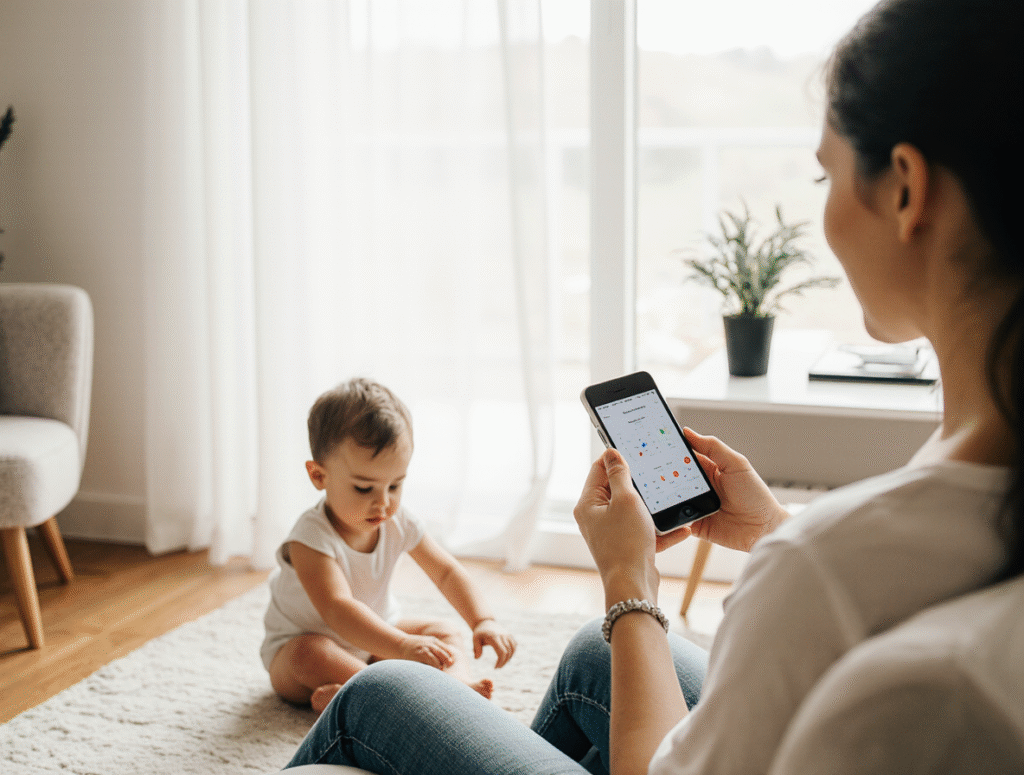
2. MamaZen
⭐ 4.7 / 5 – Best for Mental Peace and Emotional Reset
MamaZen helps with the emotional side of parenting. It offers voice-guided sessions for relaxation, emotional healing, and guilt relief.
“MamaZen taught me how to pause before snapping. It’s like therapy in my pocket.” — Anika, UK
Top Features:
- “MindPower Sessions” for instant calm
- Daily affirmation reminders
- Mood tracking integrated with AI insights
3. FiftyFifty (Reddit-Inspired Concept App)
⭐ 4.6 / 5 – Best for Equalizing Household Tasks
Built around fairness, FiftyFifty divides household work visually. Both partners see who’s handling what. Transparency builds appreciation and balance.
Top Features:
- Task tracking dashboard
- Visual division of mental load
- Notifications for overdue chores
4. Headspace / Calm
⭐ 4.8 / 5 – Best for Mindful Parenting
Meditation apps may not be “parenting apps” directly — but they play a key role in helping parents decompress.
Even 5 minutes of breathing space can reset the day.
“If I skip my Calm session, I’m a different parent — tired, irritable. It’s my lifeline.” — Jonas, Sweden
Top Features:
- SOS meditations for tough moments
- Sleep stories for both parents & kids
- Family-friendly mood tracking
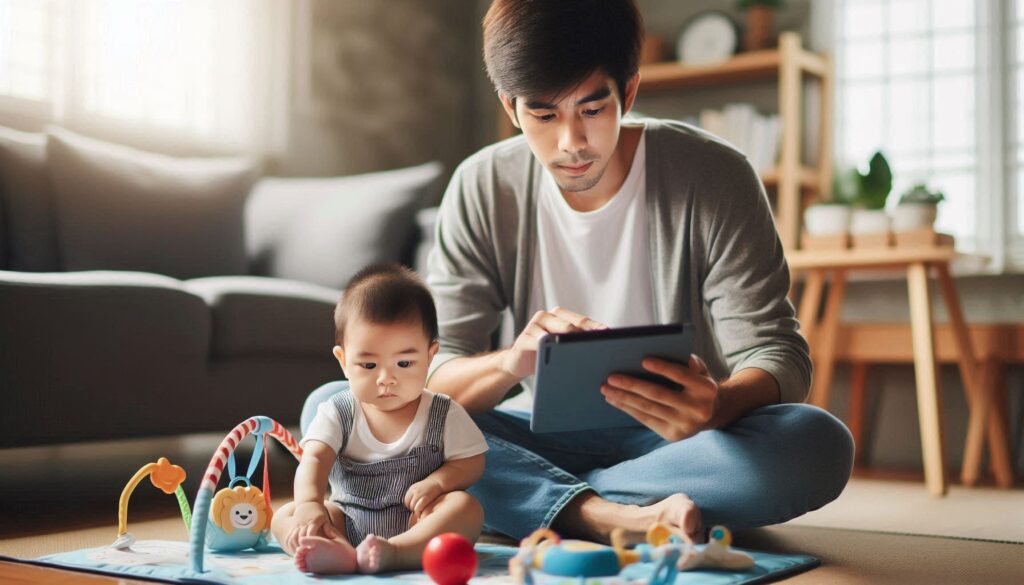
5. FamCal
⭐ 4.5 / 5 – Best for Multigenerational Coordination
In countries like India and Italy, families often involve grandparents in childcare. FamCal connects everyone — parents, grandparents, even helpers — under one planning hub.
Top Features:
- Shared family calendar
- Task & event sync
- Push notifications across time zones
6. Goblin.Tools
⭐ 4.7 / 5 – Best for Neurodiverse & Overwhelmed Parents
A favorite among parents with ADHD or executive function challenges. Goblin.Tools breaks down complex tasks into bite-sized, achievable steps.
“When my brain says ‘too much,’ Goblin says ‘one thing at a time.’” — Rhea, Ireland
Top Features:
- Magic To-Do List with AI chunking
- Tone analyzer for emotional awareness
- Contextual reminders
7. Sweepy
⭐ 4.5 / 5 – Best for Home Chore Sharing
Sweepy gamifies chores. Parents and kids earn points for cleaning, tidying, or organizing. It transforms invisible housework into a shared, visible task.
Top Features:
- Chore gamification
- Visual progress bars
- Weekly score summaries
8. OurHome
⭐ 4.6 / 5 – Best for Kids’ Responsibility Building
OurHome helps distribute small household responsibilities among children. Parents say it helps kids understand emotional labor early.
Top Features:
- Assign chores with rewards
- Family leaderboard
- Habit tracking
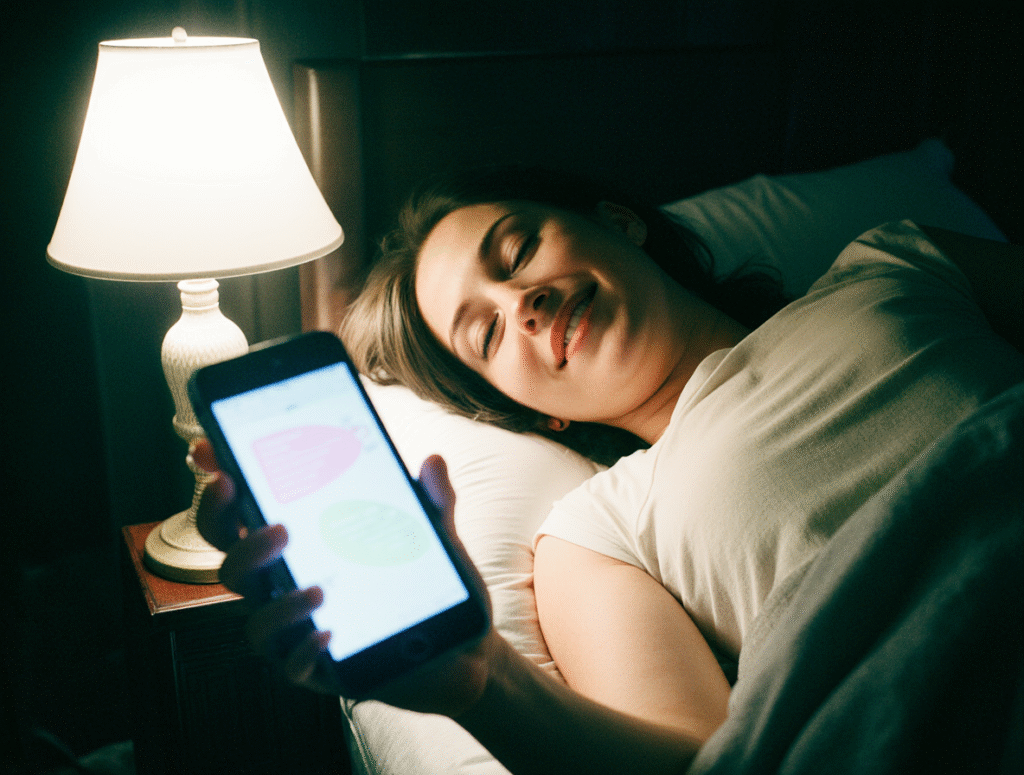
9. Yohana
⭐ 4.9 / 5 – Best for AI-Assisted Delegation
An AI-powered service that helps parents outsource small tasks — from finding a plumber to scheduling classes. It literally takes work off your mental plate.
Top Features:
- Personalized task manager
- AI-based scheduling
- Smart prioritization
10. Notion / Todoist (Pro Setup)
⭐ 4.8 / 5 – Best for Custom Mental Load Management
Some parents customize Notion or Todoist templates for family life. You can integrate everything — school timetables, reminders, routines — under one digital roof.
🌐 How Parents Worldwide Are Using These Apps
India:
Parents use apps like FamCal and Cozi to manage joint-family schedules and school reminders. Many say it helps avoid conflicts about “who forgot what.”
UK & Europe:
The focus is on emotional balance — apps like MamaZen and Calm are more popular here because burnout prevention is a key parenting theme.
USA:
AI-assist tools like Yohana and Notion are trending among tech-savvy parents managing work-life balance.
Nordics:
Parents value equality and fairness, so apps that visualize mental load (like FiftyFifty or Sweepy) are appreciated for making invisible work visible.
💬 Real Parent Testimonials
“It’s not that I mind planning, it’s that I’m the only one thinking ahead. Cozi made that thinking visible.” – Rachel, USA
“MamaZen became my nightly ritual. I breathe better, sleep better, and shout less.” – Nina, UK
“Sweepy turned chores into a game. Even my teenager cleans now.” – Vikram, India
“Yohana feels like an assistant who understands family chaos.” – Lina, Finland
🧩 Expert Takeaway: Technology as a Cognitive Partner
Parenting apps in 2025 are no longer “tools” — they’re cognitive companions.
They use AI, contextual awareness, and emotional understanding to not only schedule your day but also sense when you’re overwhelmed.
These apps don’t just save time.
They save mental bandwidth — the rarest commodity modern parents own.
When the mental load becomes visible and shareable, relationships improve, families communicate better, and parents rediscover joy.
🏁 Final Thoughts
Invisible labor will always exist in families — but it doesn’t have to be invisible anymore.
AI parenting tools and digital organizers are helping parents reclaim peace, balance, and equality — one reminder, one shared calendar, one mindful breath at a time.
“Parenting feels like a team effort again. I can finally rest my mind.”
